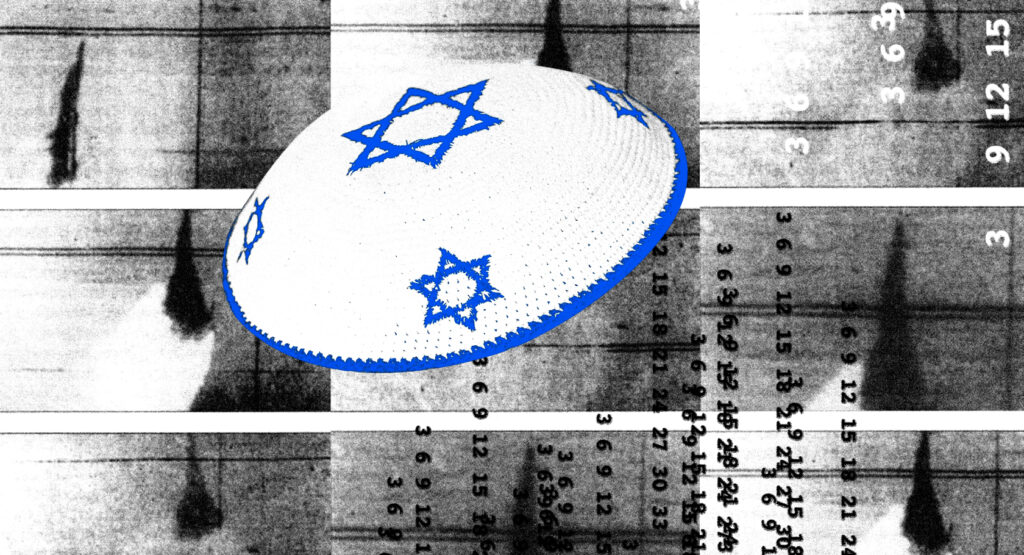
Jewish OCD and the Ghosts of Yom Kippur Past
I have a complex relationship between struggles with obsessive-compulsive disorder and the comfort of Jewish ritual.
One of the themes in my memoir-in-progress is the complex relationship I’ve had between my lifelong struggles with obsessive-compulsive disorder (OCD) and the comfort of Jewish religious rituals. In this segment, which ran in Longreads, I am eight years old and struggling with both as best I could.
At the time I was aware I was different, and thought differently, but I did not know what to call it. I was decades away from identifying what I had as OCD. To me, it was all wrapped up in the other way I was different from my classmates. I was a Jew in the South.
It was not until I worked at the Jewish Telegraphic Agency in the late ’90s and early ’00s that I officially, in my own mind, tied the two together. I received a press release from a psychologist warning that Jewish women with OCD have problems around Pesach, obsessively cleaning out chametz. It was a eureka moment for me as I looked at my own past.
This is an idea explored in my memoir, that the comfortable rituals of religion can also be manifestations of a Jewish OCD mind in never-ending loops.
I wondered if Grandpa — who to me was almost God himself, and who surely knew God — had had to control his thoughts the way I do in order to survive in that place where everybody was Hungry, where everybody hated Jews.
Harnessing His Superpowers for Peace in the Middle East
As an 8-year-old with OCD, Howard Lovy hoped his magical thinking might persuade God to end the Yom Kippur War.
… I turned away in shame. To me, the head nodding, the clucking, the shoulder shrugging, the sniffing, the spinning, and repeated touching of objects … all of it, all my rituals, they were God, or a test by God, a test that I failed every single hour of every day.
God tested me to see if I could stop it, and I could not. But if I could use the obsessive side of the obsessive-compulsive partnership, then I could obsessively summon up the willpower to resist engaging in the noises and tics. Wasn’t that what God did to the heroes in the Bible?
The rabbi once said in a sermon that Moses must have been staring at the burning bush for hours before he determined that it was not being consumed. “Think about it,” he said. “Have you ever stared for that long at a burning object? It could take hours to see that the fire was not consuming it. Moses must have been a very contemplative man.” Well, if you ask me, it was an obsessive commitment. I know how Moses’ mind worked.
Read the entire excerpt in Longreads.